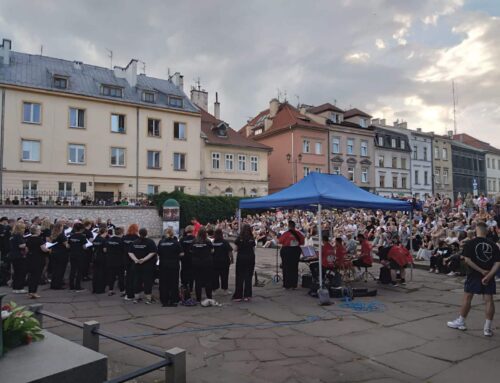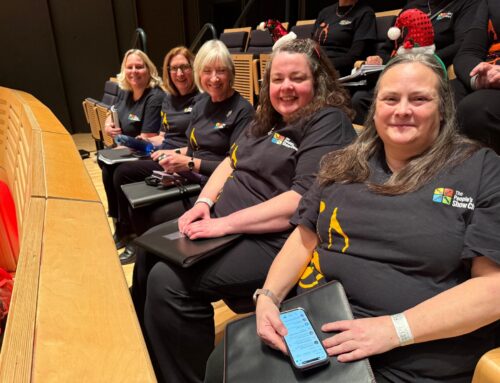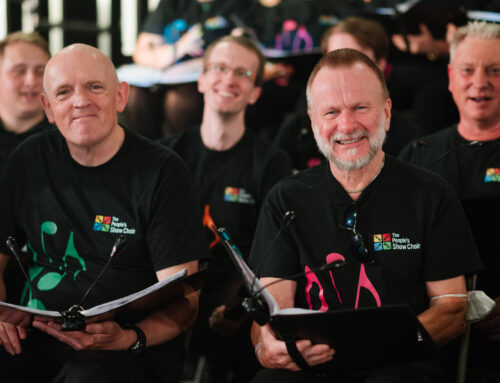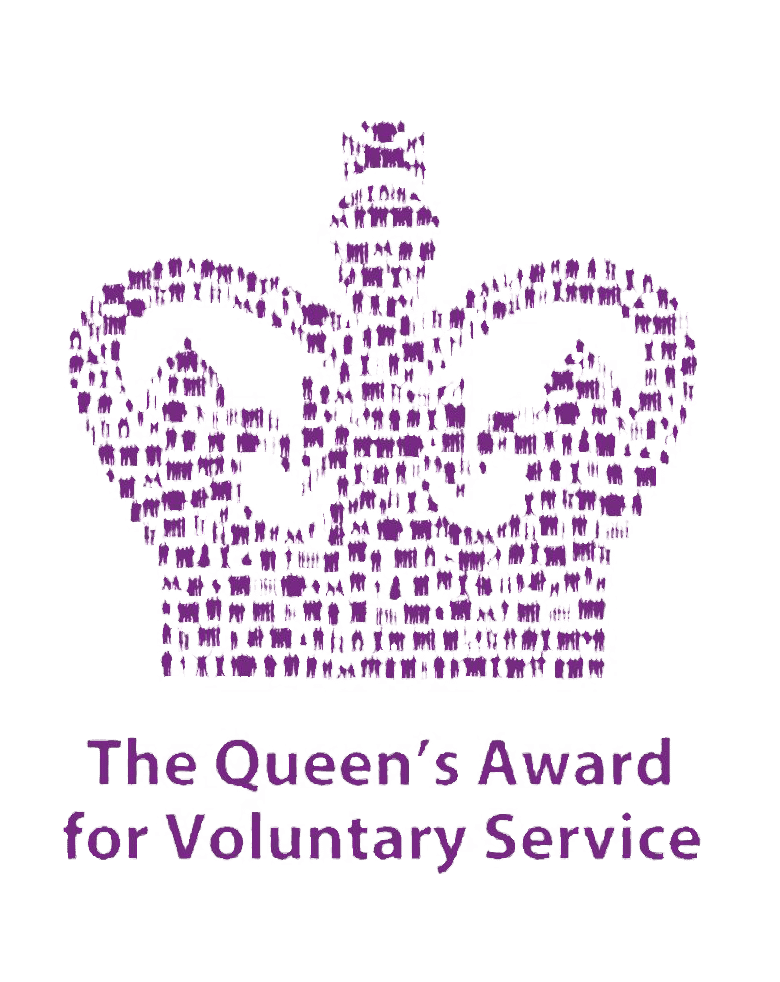Helping most vulnerable into work highlights NHS gap for mental health care and graduate depression

Mariann Harris runs the Back to Work Programme for The People’s Orchestra(TPO) Charity helping some of the most vulnerable in society find work and feel supported. She explains some of the growing concerns she’s noticed with mental health and young people in their 20s.
For over a decade, Mariann Harris has been patiently supporting people back into work – more than 1,000 people to date around Birmingham and the Black Country. They’ve come from all walks of life, backgrounds and ages, but what Mariann always has for them is time.
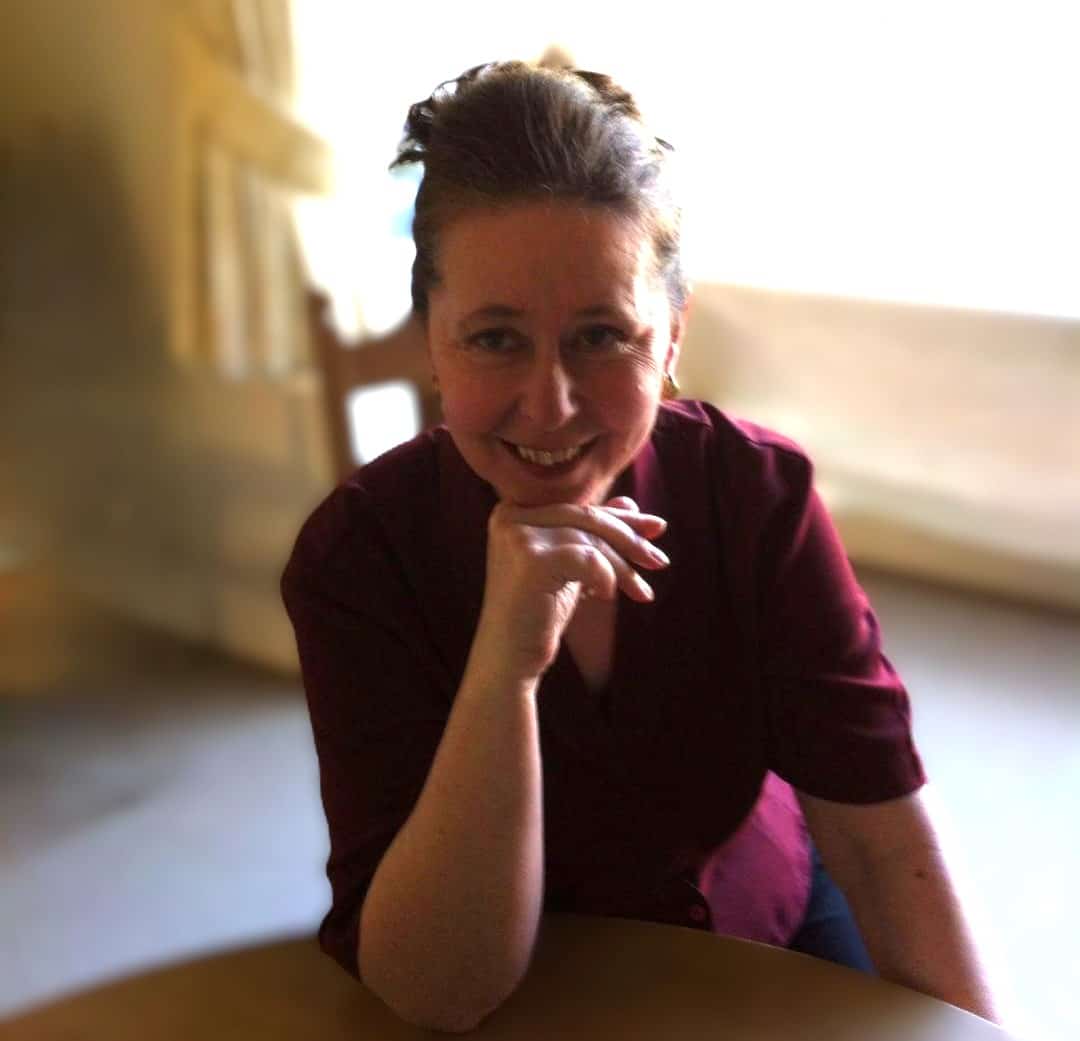
Mariann has been in the role with the TPO since February 2012 and is also trained as a Mental Health first aider, which is a key part of her job.
People can contact the Back to Work Programme themselves but often have been referred by their work coach at the Jobcentre. And although Mariann gives hands on help with creating CVs and preparing people for interviews, she explains how much of her work starts with building their confidence and talking through bigger issues over a cup of tea.
“It can take a long time until someone wants to share with me,” explains Mariann, aged 65, who was born and bred in Dudley. “It’s all about giving them continuous support and it never stops.
“Mental health comes into it – 80% of those I see consider themselves to have a long-term health problem or disability, and one in every five of those say they have a combination of both physical and mental health issues.
“Doing this job has really highlighted to me the gaps between the NHS and mental health services. There’s a lot more people that could be helped if the funding was better, but it’s not. So, I realise there is vital work to be done.”
Types of people that the Back to Work Programme helps
People being helped into work by the Programme range from single mums to graduates stuck in a rut at not being able to land their dream job. Then there are the many who are carers for a parent or loved one.
“We are a nation where caring for family members is absolutely crucial,” adds Mariann. “Half of the people sent to me have caring responsibilities, that’s every other person I see.
“It’s scary for them to think they have to be in a workplace at a certain time. For some, the idea of organising a nanny in an evening so they can leave home or trying to juggle things so they can go to work is very frightening.”
Young people struggling to find work after university
Well-educated graduates are among the surprise group that Mariann has been supporting. Often disappointed and depressed at the reality of being offered work that isn’t related to their degree and for a lower wage than expected.
“There’s a wild assumption that you’ll end of working in a job of your first choice,” says Mariann. “A big problem with those who’ve been well educated is when their aspirations come crashing to the ground and the Jobcentre is telling them to take any role.
“It could be filling shelves at the supermarket, especially when young people have gone and done a general degree as they didn’t know what they wanted to do.
“When they are offered a job at Aldi, they see it as beneath them and that’s when their mental health can be affected because they’re unhappy.
“One person I’ve been supporting has a Business Finance degree but can’t get the job of her dreams at what she sees as a decent salary, but many her age want more than what I even earn.
“The rest of her family work and told her she’s a waste of space. She’s in her 20s, sleeping all day and looking at TikTok all night and when I met up with her, she just sobbed. She’s done so well academically but now it feels like a let-down.
“Big academic achievements don’t always become a pot of gold in the first year, unfortunately. Those conversations are really tough to have and I have to choose the right time. Timing is everything.”

Success of the Back to Work Programme
Mariann has a lifetime of experience in carefully supporting people in this field. She started working in an unemployment benefit office in Tipton in 1975 and has never looked back.
Since working for the TPO on the Back to Work Programme, she’s helped place more than 1,000 people into work. Nearly three quarters of those had been unemployed for more than six months, and in some cases more than six years.
“Every single one of those people we helped had tried other sources of support before coming to us,” adds Mariann, who grew up on a council estate.
“I’m able to put myself in other people’s shoes. I feel their fear and always aim to understand.
“When they do get accepted for a job, it’s about helping them when they start but also the second and third day. That hand-holding remains so they will keep going in and they can feel like someone is on their side.
“It’s not a case of saying good luck and goodbye because they will just bounce back if not. It’s all about getting some direction going. I’m not an impatient person and I don’t run out of work at 5pm as it’s not that kind of job.
“It’s the reason that I get up each morning. It’s my purpose in life and I’ve had people say to me that I’ve made a difference for them.
“Some appreciate what I do for them. But I realise that for some people, they see me as someone who is trying to put them in a job where they’ll be taken away from their children, or to do something they don’t want to start.
“People are anxious and this job isn’t about the money for me. It’s about helping people, listening to them and not being judgmental. It’s about giving back and I’m pleased whenever someone benefits.”
Get help from the Back to Work Programme by contacting Mariann through the TPO by filling out the Back to Work Support Programme registration form here.
